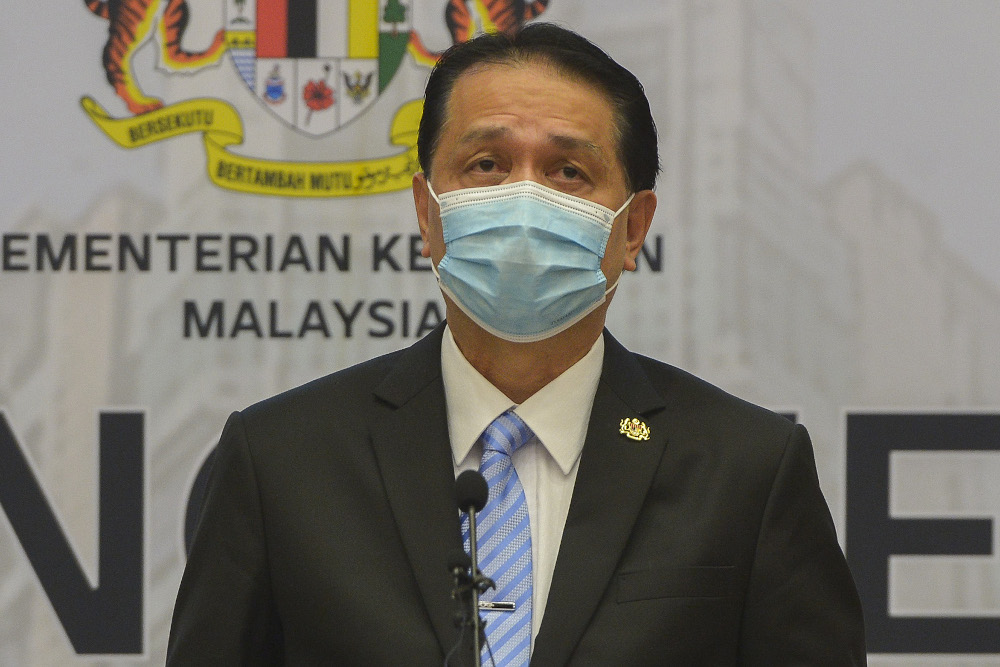KUALA LUMPUR, Jan 15 ― Getting sick after receiving the Covid-19 vaccine or any other vaccine is almost never a bad sign, Health director-general Tan Sri Dr Noor Hisham Abdullah said today amid continued public apprehension in taking booster doses.
Sharing a YouTube video titled Vaccine side effects are actually a good thing on his Facebook page, Dr Noor Hisham said that once people understand why side effects happen after vaccination, they may even be happy to get that headache.
“Every vaccine can have side effects like muscle pain, fever, or headaches; and some of the new Covid-19 vaccines are even likelier to give you those side effects than you may be used to.
“But the scientists who work most closely with vaccines emphasise that when a vaccination makes you feel sick, it's almost never a bad sign. And once you understand why vaccine side effects happen, you may even be happy to get that headache,” he said.
Vaccine hesitancy is an issue at large in the country, with many Malaysians still worried about post-Covid-19 vaccination symptoms.
Statistics posted on the ministry’s CovidNow portal at midnight showed that 37.6 per cent of the adult population in Malaysia have received their booster dose to date, which is almost nine million people.
Health Minister Khairy Jamaluddin is optimistic the figure will grow to more than 10 million by next week.
A recent survey published by BMC Public Health titled A survey on Covid-19 vaccine acceptance and concern among Malaysians showed that the highest hesitance seen among the oldest age group of 60 years and above (36.6 per cent).
“Among all races in Malaysia, a substantial proportion of Covid-19 vaccine hesitancy was seen among Kadazan (30.4 per cent), Indian (27.9 per cent), Dusun (26.1 per cent), Orang Ulu (24.1 per cent) and other indigenous and non-Malaysian groups (22.6 per cent).
“The leading cause for hesitancy was fear of the side effects of the vaccine (95.8 per cent), concerns about the safety (84.7 per cent), lack of information (80.9 per cent) and questions about the effectiveness of a new vaccine (63.6 per cent),” said the survey.



















